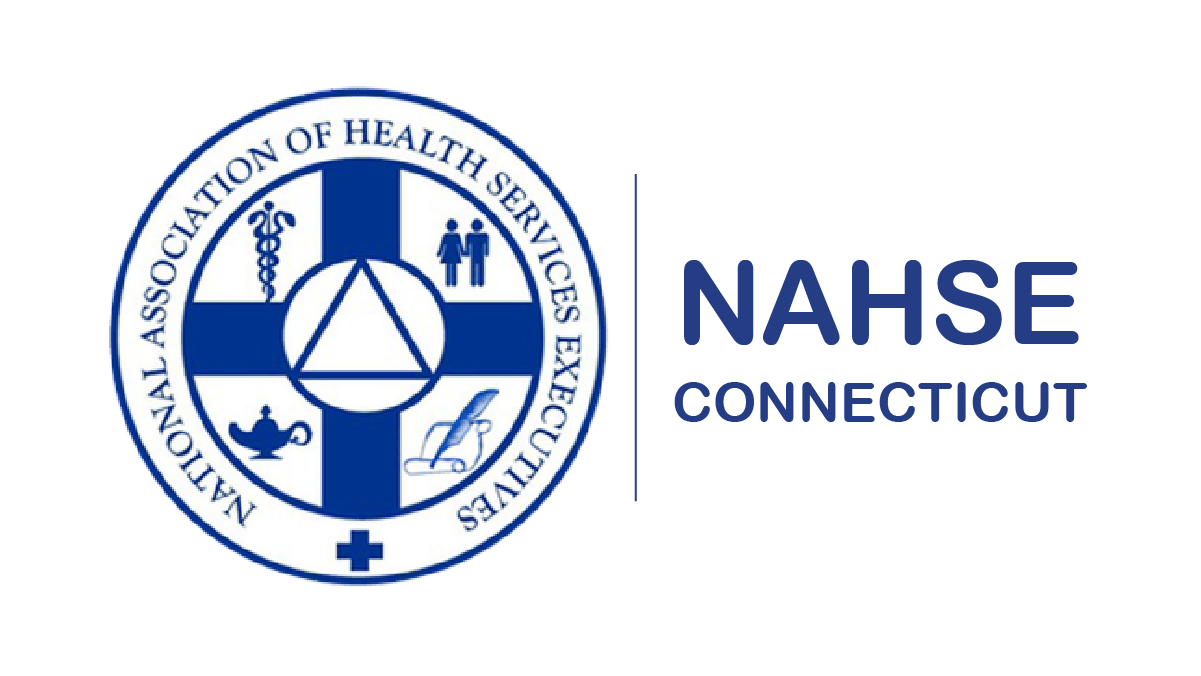JANUARY 2021: SERVANT LEADERSHIP
Selina Osei, MD, MPH, MBA
Public Health Practitioner /Chair, Membership & Communication Committee, NAHSE CT
Why Building a Culture of Servant Leadership Should Guide Your Organization’s Leadership Development Plan!
As we observe the life and legacy of Rev. Dr. Martin Luther King Jr., we celebrate one of Dr. King’s most reverent attributes, servant leadership. Servant leadership is defined as a philosophy of leadership that theorizes that the leader seeks to promote the well-being of those around them.
Critical to the mission of empowering the next generation of healthcare leaders, is fostering organizational environments that promote a culture of servant leadership. This means that as leaders in positions of power, we work towards ensuring people feel safe and secure to take risks such that the status quo does not render complacency. Complacency can cripple efforts to transform organizations in our journey to eliminate racism and achieve racial health equity. Creating space for people to share their ideas for change without fear is perhaps the most important task for leaders right now. Individually, however, developing oneself as a servant leader starts with understanding who you are as a person and the needs of the people and/or community you wish to serve. As a framework for personal and professional development, growth comes with committing to educating yourself to build a diversity of thought; service to others to build a culture of trust, and mentorship/sponsorship to share power and opportunity. Organizations that sponsor professional membership for employees, create continuing education opportunities, establish mentorship programs and service opportunities for staff create safe environments for colleagues to develop themselves in a culture of servant leadership. When we operate in environments that allow us to grow within this framework, in a way that is not additive but well integrated into the day-to-day operations and experience of our work and living space, we develop ourselves and contribute to the productivity that drives capabilities to achieve the mission of the organization.
You may be familiar with some of the famous personalities who have attributes of servant leadership such as Rev Dr. Martin Luther King Jr., Mother Theresa, and Michelle Obama. However, we have chosen 3 leaders in Connecticut to follow who are building a culture of servant leadership through Service to others, Education, Mentorship, and Sponsorship:
Linda Barry, M.D. is an associate professor of Surgery at UConn School of Medicine and an experienced administrator with demonstrated history as Co-Editor of the first journal dedicated to the elimination of racial and ethnic health disparities, The Journal of Racial and Ethnic Health Disparities. As director of the Office of Multicultural and Community Affairs at UConn School of Medicine, her work focuses on building an inclusive learning environment. In 2016, Dr. Barry was awarded the West Indian Foundation Education Award for her work in the field of education that has benefited the community at large (1).
Patrick Green, FACHE is the president and CEO of Lawrence + Memorial Hospital, Westerly Hospital, and Visiting Nurse Association of Southeastern CT, Yale-New Haven Health. As a c-suite executive, Mr. Green exhibits leadership in service in his many efforts to raise awareness around health equity and visibly connects with the community he serves to engage and ensure their needs are forefront in organizational efforts to deliver healthcare.
Michele Scott, MPH is the executive director of the Health Education Center in Norwich and was named a recipient of the annual “40 Under 40” Award from the National Center for American Indian Enterprise Development in 2020 (2). As a member of the Mashantucket Tribal Nation, Ms. Scott’s commitment, and dedication in service to her community is evident in how she fervently elevates and amplifies the voice of members of her community in her professional work as a public health practitioner working towards achieving health equity.
Do you feel supported, heard, and seen in your work environment? Who are some leaders you follow that exhibit attributes of servant leadership? Share your thoughts in the comments below.
References
1. https://facultydirectory.uchc.edu/profile?profileId=Barry-Linda
2. https://info.chamberect.com/news/details/news-release-12-8-2020-5648

